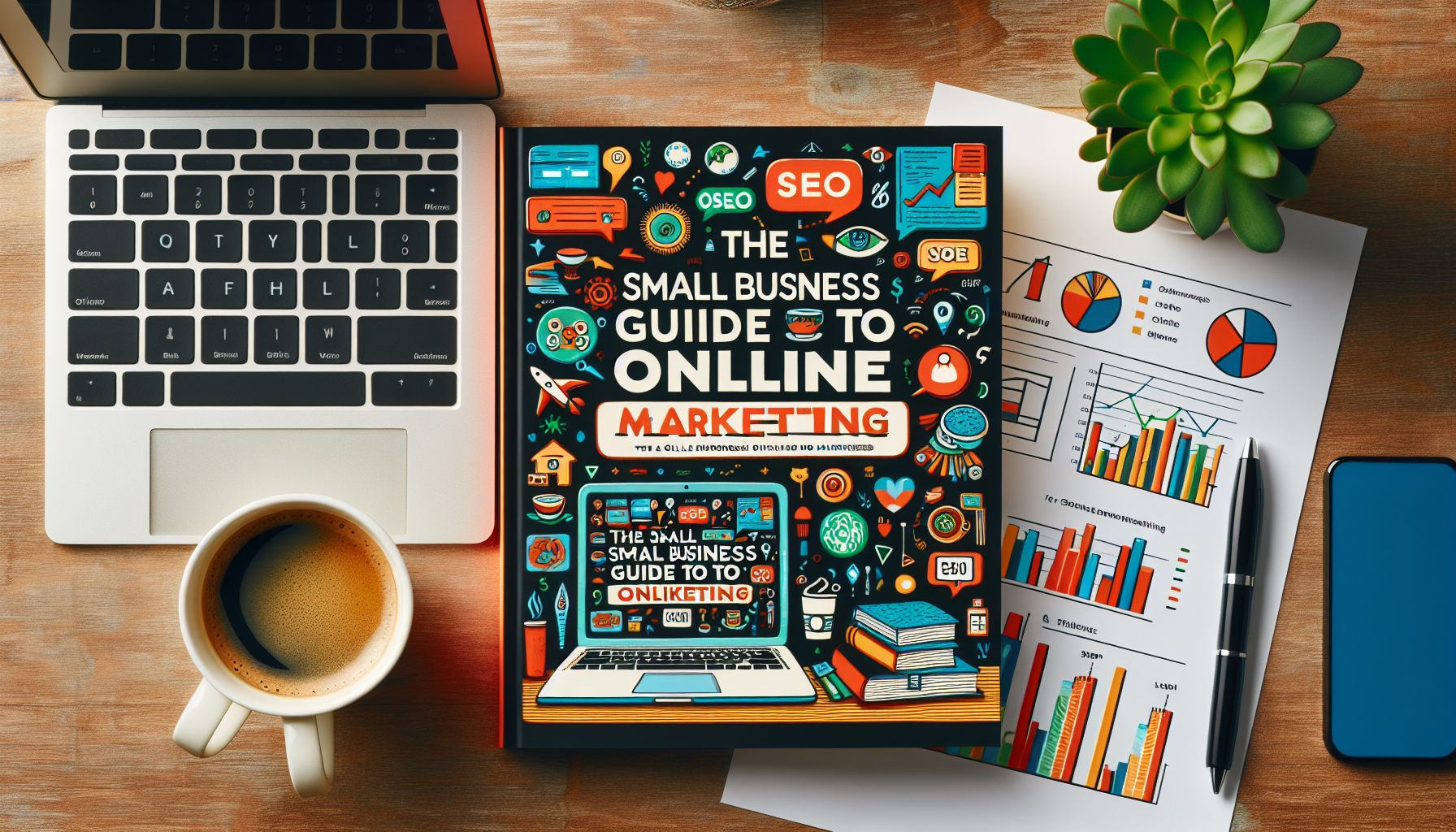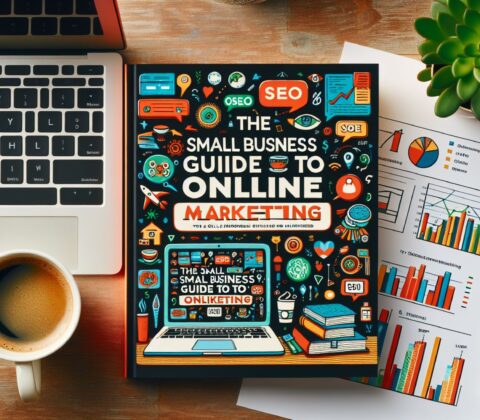

The Small Business Guide to Online Marketing
Running a small business comes with a lot of challenges, from managing finances to keeping up with competitors. In today’s digital age, having a solid online marketing strategy is crucial to the success of your business. Whether you’re selling products or offering services, reaching your target audience online can help you expand your customer base and increase sales. Here are some tips to help small business owners navigate the world of online marketing.
1. Build a Professional Website
Your website is the online face of your business, so it’s important to make a good first impression. Invest in a well-designed, user-friendly website that accurately represents your brand. Make sure your site is mobile-friendly, as more and more people are using smartphones and tablets to browse the web.
2. Utilize Social Media
Social media platforms like Facebook, Instagram, and Twitter are powerful tools for reaching potential customers. Create profiles for your business on these platforms and regularly post engaging content to keep your audience interested. Interact with your followers by responding to comments and messages, and consider running paid advertising campaigns to reach a larger audience.
3. Start a Blog
Blogging is a great way to establish your expertise in your industry and drive traffic to your website. Write about topics that are relevant to your business and provide valuable information to your readers. Regularly updating your blog can also help improve your website’s search engine rankings.
4. Invest in SEO
Search engine optimization (SEO) is the process of optimizing your website to rank higher in search engine results pages. By incorporating relevant keywords into your website’s content and improving its overall structure, you can increase your chances of being found by potential customers.
5. Email Marketing
Email marketing is an effective way to keep in touch with your customers and generate repeat business. Collect email addresses from your website visitors and send out regular newsletters or promotional offers to keep them engaged. Personalize your emails to make them more relevant to each recipient.
6. Collaborate with Influencers
Influencer marketing can help you reach a wider audience and attract new customers. Find influencers in your industry who have a large following and collaborate with them to promote your products or services. Make sure to choose influencers whose values align with your brand.
7. Monitor and Analyze
It’s important to constantly monitor and analyze the performance of your online marketing efforts. Use tools like Google Analytics to track website traffic, social media engagement, and email campaign results. By analyzing this data, you can identify areas for improvement and make adjustments to your strategy.
Conclusion
Online marketing can seem overwhelming, especially for small business owners with limited resources. However, with the right strategy and tools, you can effectively promote your business online and reach your target audience. By building a professional website, utilizing social media, starting a blog, investing in SEO, implementing email marketing, collaborating with influencers, and monitoring and analyzing your efforts, you can increase your online presence and grow your business. Don’t be afraid to experiment with different tactics to see what works best for your business. With time and effort, you can see real results from your online marketing efforts.
Comments are Disabled